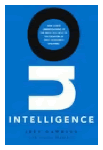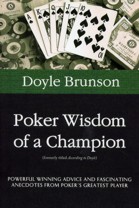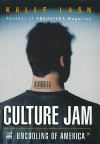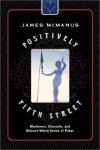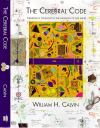On Intelligence by Jeff Hawkins
Thanks to this book I now understand how we understand. Jeff Hawkins has synthesized a very clear, high-level theory of how human intelligence works, what the general information flow is, and how and where to look for it in the human cortex structures. With this framework (and with my background being in Artificial Intelligence, I have seen many) I am finally able to see how all the puzzle pieces fit together. I think Hawkin's theory is extremely good and while neither complete nor without flaws, it is on the right track.
Beyond understanding how the brain's cortex algorithm gives us our intelligence, the often debated and fuzzy notion of understanding itself gets a clear definition. Hawkins describes what is called the cortical Memory/Prediction framework. All of the cortex implements this simple, hierarchical memory prediciton system. Each layer of cortex receives input stimulus, either directly from senses, or from cortex lower in the hierarchy. Any patterns in the input are learned and when a partial or full pattern is observed, the cortex feeds back down to lower levels what it expects to come next. When the feedback matches what comes next, this is to understand something correctly. A pattern was matched with memory, and a successful prediction was made. If the prediction fails (a new or unforseen pattern is observed) the cortex "throws an exception" (to borrow a computer programming term) and passes the pattern on up the hierarchy for higher level analysis. If a higher level knows what to make of the pattern, it can send feedback down to the lower levels giving them assistance in predicting what comes next. If a pattern propagates all the way to the top, it gathers more attention, and ultimately ends up in short term memory.
I could go on and on about this, but you should just read the book.
